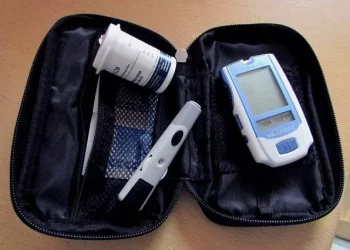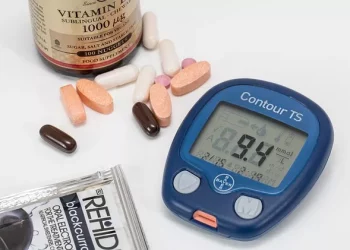A recent study published in the Journal of the American Geriatrics Society highlights the positive impact of comprehensive medication reviews (CMRs) on medication adherence and the use of statins among older adults with type 2 diabetes. Conducted using data from Medicare claims and the Medication Therapy Management (MTM) program, the research indicates that individuals who participated in CMRs were more likely to adhere to their prescribed oral antidiabetic medications and use statins than those who did not receive such reviews.
The Centers for Medicare & Medicaid Services (CMS) introduced CMRs as part of its efforts to improve diabetes care under the Part D Medicare MTM program. Despite the program’s goals, evidence on its effectiveness had remained unclear. This study aimed to fill that gap by analyzing data spanning from 2013 to 2019.
The study, which included 106,930 participants with a median age of 74, compared the adherence levels of 35,816 individuals who received CMRs to 71,114 who did not. The results revealed that those who received CMRs demonstrated a 2.4% improvement in the number of days covered by their medications. Additionally, the review process led to a 2% reduction in non-adherence rates among those using CMRs.
Moreover, statin usage among CMR recipients rose by 1.4% compared to non-recipients, suggesting that CMRs might encourage better cardiovascular health management alongside diabetes treatment. While emergency room visits decreased by 0.3% in the CMR group, hospitalizations increased slightly by 1.9%.
The study authors note that since the current MTM program only requires one CMR annually, its full benefits may not be fully realized after a single consultation. They recommend more frequent reviews and longer-term evaluations to fully assess the impact of CMRs on clinical outcomes such as A1C control.
The findings underscore the importance of pharmacist involvement in diabetes care and the potential benefits of CMRs in improving medication adherence and overall health outcomes for older adults with type 2 diabetes.
Related topics:
New Discovery Offers Hope for Diabetics: S100A9 Protein May Replace Insulin Therapy
Ultrasound Localization Microscopy as a Tool for Monitoring Type 2 Diabetes Progression
New Study Reveals Diabetes Rates in Australia May Be Significantly Underestimated
























